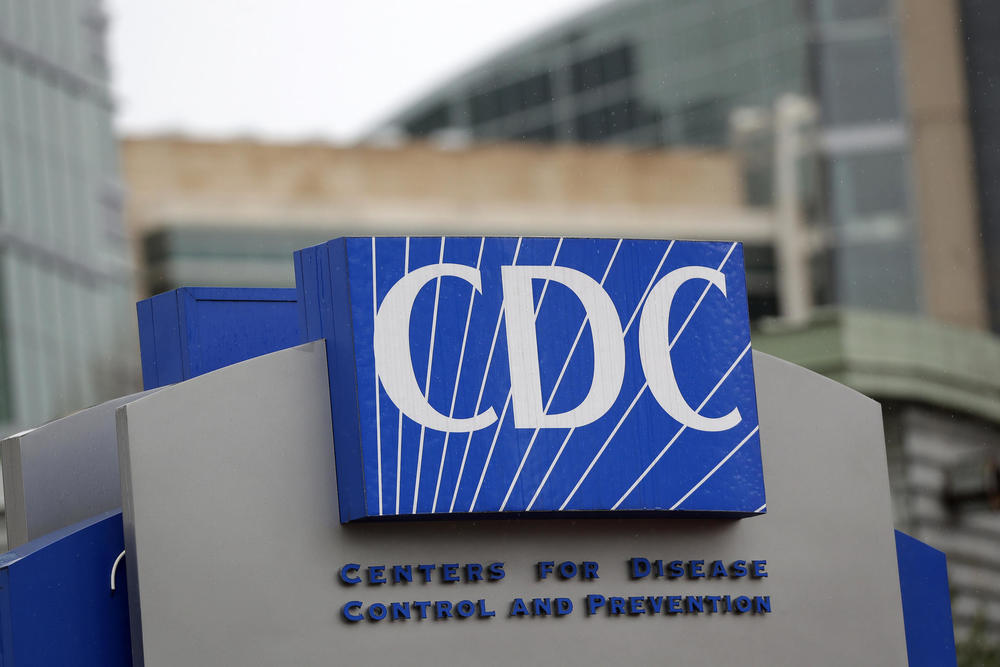
Caption
The Centers for Disease Control and Prevention in Atlanta awarded a $500,000 grant to help reduce vaccine hesitancy.
Credit: (AP Photo/John Bazemore)
Dr. Michael Eriksen is the principal investigator of a CDC-funded project focused on improving access to care and trust in vaccines in the Clarkston community. GPB's Ellen Eldridge reports.

The Centers for Disease Control and Prevention in Atlanta awarded a $500,000 grant to help reduce vaccine hesitancy.
The Centers for Disease Control and Prevention is awarding a $500,000 grant to Georgia State University’s Prevention Research Center to help reduce vaccine hesitancy in the city of Clarkston.
The GSU center is one of 26 prevention research centers that the CDC supports, Dr. Michael Eriksen said.
"We've been working there for a number of years on health disparities, broadly — issues around access to care, chronic conditions and women's health," he said.
Socioeconomic disparities exacerbated by the COVID-19 pandemic are evident in Clarkston’s Social Vulnerability Index, a database that uses U.S. Census data to determine the social vulnerability of a community after hazardous events such as a natural disaster or disease outbreak.
“There is a stark contrast in vulnerability between Clarkston and other communities in DeKalb County with regard to social vulnerability,” said Dr. Richard Rothenberg, regents’ professor in the School of Public Health and an infectious disease expert who calculated the city of Clarkston’s SVI.
“Clarkston stands out as a community at risk socioeconomically, as well as for issues of housing, transportation and language barriers,” said Rothenberg, a co-investigator of the project. “Because the age distribution in Clarkston is weighted toward younger people — largely the result of a younger immigrant population — the vulnerabilities that result from an older population are less accented. In sum, Clarkston has considerable overall social vulnerability, and significant efforts will be required to alter the existing disparities.”
Clarkston enjoys one of the most successful and vibrant refugee communities in the U.S. — which presents some challenges in the social vulnerabilities of its residents.
Clarkston, in DeKalb County, is one of the largest refugee resettlement communities in the country, with thousands of refugees having resettled there and in surrounding communities over the past two decades.
Researchers will use the funds to train and deploy community navigators to help educate and encourage vaccination in the community, known for its ethnic diversity.
"What we're doing in our project is identifying individuals from the Burmese community, the Congolese community, Afghan community, who are known and respected and trusted to listen to and answer questions about the vaccine," Eriksen said. "And if people have concerns, to hear what the concerns are and to listen and address them constructively."
Members of the Clarkston community have limited access to health care, which means many people don't have a personal physician to talk with about the COVID-19 vaccines, Eriksen said.
Eriksen, who is the principal investigator of the project, said while the focus is on ameliorating the negative impact of the pandemic, improving access to care and trust in vaccine is just the beginning.
"We're focused on COVID vaccine uptake right now, but the long term is really to address the factors that contribute to ill health," he said.
The goal is to reduce vaccine hesitancy and increase the number of people vaccinated in Clarkston by 50% by spring 2022.